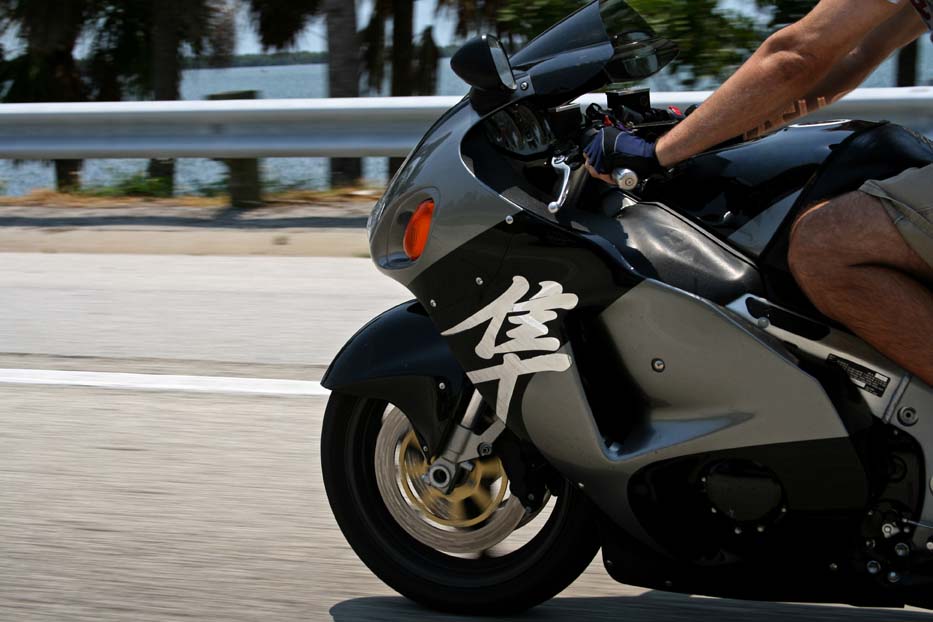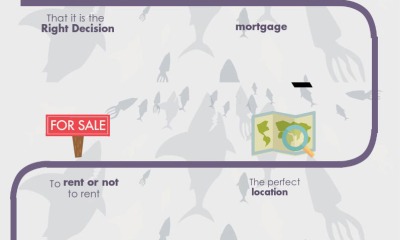Law
Motorcycle Laws In Florida

Motorcycle insurance laws differ by state, and this can cause confusion for riders. In Florida, car insurance and motorcycle insurance differs. It is the Florida Financial Responsibility Law that covers insurance requirements for motorcyclists. In order to make an informed decisions about the type of coverage that you need, it is important to know some important facts.
Insurance Summary
Car drivers in Florida are required to carry Personal Injury Protection (PIP) for medical bills and potentially lost wages in the event of an accident. This coverage is required no matter who is at fault. Motorcyclists, however, are not required to carry Personal Injury Protection, although some insurance companies do offer it as an option.
Should a motorcycle accident occur, a rider is not required to show PIP in order to recover funds for pain and suffering.
How to Purchase Required Motorcycle Insurance
Although PIP is not required, motorcycle riders do need to carry insurance, and there are two basic ways to obtain it.
First, coverage can be purchased from an insurance carrier. A rider can also purchase a Self-Insurance Certificate from the Bureau of Financial Responsibility. This certificate will be based upon the rider’s net worth.

Requirements for Insurance
The minimum requirements for Florida motorcycle insurance include set amounts for bodily injury and property damage liability. The amounts are:
$10,000 for bodily injury liability to one person
$20,000 for bodily injury liability for two persons
$10,000 for property damage per incident
Motorcyclists can also purchase uninsured motorist coverage to assist with the cost of medical bills, lost wages, and even for pain and suffering if injured. This coverage provides needed funds if another driver doesn’t have the proper insurance, or enough coverage to meet your expenses.
Financial Responsibility
Riders will need to show proof of their financial responsibility. After insurance is purchased, the insurance company sends the Department of Highway Safety and Motor Vehicles information about the insurance policy purchased. Although the DHSMV holds this information in a computer database, all motorcycle riders should keep their proof of financial responsibility with them when they ride. Proof applies to either an insurance card or a self-insurance certificate.
Penalties
If a motorcyclist does not have the required insurance, penalties can occur. These penalties range from license suspension, motorcycle registration suspension, suspension of license plates to fees paid in order to regain riding privileges.
Helmet Laws
In Florida, wearing a helmet is not required when riding a motorcycle. The law requiring adult riders to wear helmets was repealed in July 2000. Helmet use declined by half. However, helmet use is picking up again, following an uptick in head injuries for riders without helmets.
Head injuries are the chief cause of death for motorcyclists in the state. Traumatic brain injuries are unfortunately common for riders that require hospitalization for any reason. So, although helmets are not required in Florida, staying safe even without a legal requirement makes sense.
Legal Issues
Consulting with an attorney is advisable if a motorcyclist has been involved in a collision. An experienced attorney will have the knowledge and expertise to fight for your rites.
-

 Tech11 years ago
Tech11 years agoCreating An e-Commerce Website
-

 Tech11 years ago
Tech11 years agoDesign Template Guidelines For Mobile Apps
-

 Business6 years ago
Business6 years agoWhat Is AdsSupply? A Comprehensive Review
-

 Business10 years ago
Business10 years agoThe Key Types Of Brochure Printing Services
-

 Tech8 years ago
Tech8 years agoWhen To Send Your Bulk Messages?
-

 Tech5 years ago
Tech5 years ago5 Link Building Strategies You Can Apply For Local SEO
-

 Law5 years ago
Law5 years agoHow Can A Divorce Lawyer Help You Get Through Divorce?
-

 Home Improvement6 years ago
Home Improvement6 years agoHоw tо Kеер Antѕ Out оf Yоur Kitсhеn





































